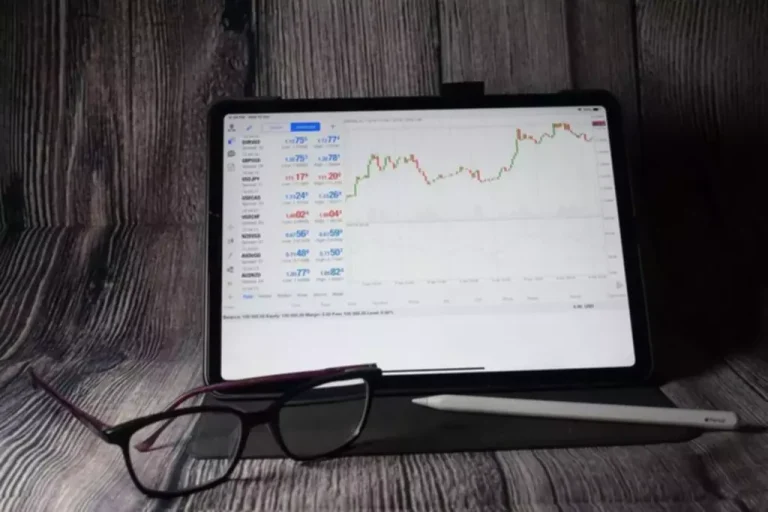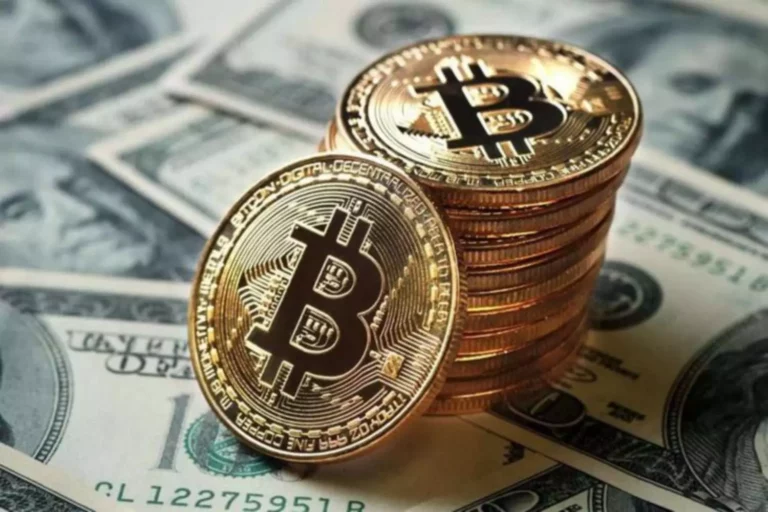Content
It’s important to control access crypto wallet vs exchange to your private keys, because anyone who has them can access your coins. Some wallets may be best for storing and managing your cryptocurrency, such as one of Investopedia’s best Bitcoin wallets. Research all crypto wallet options before deciding which is best for you.
Strain Amplified in a Bull Market
The best cryptocurrency key security measures involve removing https://www.xcritical.com/ your keys from your wallet, placing them in a form of cold storage, and securing them in a vault, safe, or deposit box. The more steps it takes for you to access your cryptocurrency keys, the harder it is for a criminal to access them. It also ensures that someone you have entrusted with your keys doesn’t lose them or deny you access to them.
Related Crypto Guides & Wallets

If you’re a long-term holder, a crypto wallet may be a better option as Yield Farming it offers higher security and control over your funds. If you’re an active trader, an exchange may be more convenient as it provides easy access to trading and liquidity. An exchange address is an address provided by an exchange for deposits and transactions within the platform.
Where is the safest place to keep crypto?
If you do have exchange accounts with Coinbase, Kraken, and/or Bitgo and would like to connect them to Gilded, make sure to use the Connect Custodian tool in the Accounts page. Do NOT input your Coinbase, Kraken, or BitGo addresses to the Input Address tool. Otherwise Gilded will not be able to correctly read or display your activity. Gilded users can also connect their accounts/wallets in three other ways besides the Input Address tool.

This is because they minimize the risk of online attacks by giving you control over the private key. However, their centralized nature makes them more prone to risks like hacking and regulatory actions. Explore the security features offered by wallets, such as two-factor authentication or multi-signature capabilities.

Many cryptocurrency exchanges provide wallets that allow users to store their cryptocurrency holdings on the exchange. However, it’s generally recommended that users store their cryptocurrency in a wallet that they control, rather than on an exchange wallet. It’s important to note that while users do not need a private key to access their account on a centralized exchange, they do not have complete control over their crypto assets. The exchange is the custodian of the user’s crypto assets, which can be a security risk. If the exchange is hacked or goes bankrupt, users could lose their crypto assets.
The key here is to evaluate the possible risks and decide which method best suits your needs. Regularly check crypto news and monitor developments in the crypto market to stay ahead of potential risks or opportunities. However, where Debut Infotech truly stands unparalleled is its white-label crypto wallet solution.
Metamask and Coinbase wallet integrate with Opensea to facilitate easy buying and selling of NFTs. It’s incredibly easy to turn cash into NFTs with Coinbase Wallet – the app supports crypto purchases with a card, as well as NFT purchases. First, you should link your Coinbase Wallet account with your Coinbase exchange account through the ‘Settings’ tab.
Various types are available, so it’s best to research and find the one that meets your needs and provides a high level of security to protect your digital assets. These wallets are installed on a desktop or laptop computer and can access your cryptocurrency, make transactions, display your balance, and much more. Some software wallets also include additional functionality, such as exchange integration if you’re using a wallet designed by a cryptocurrency exchange. In the world of cryptocurrency, centralized exchanges are once again under siege. When you have a crypto wallet, you’re in full control over your private key. The key is the only way to access your crypto, so having full control makes it inherently safer in terms of storing your currency.
These are the most common types, but you may also encounter other combinations. By following these guidelines and considering your specific needs, you can make informed decisions about choosing the right crypto wallet and exchange for your cryptocurrency journey. Prioritize security, stay compliant with regulations, and keep yourself educated on the latest trends and best practices in the crypto space.
Whether they are decentralised or centralised, they offer crucial services in the industry that let customers trade digital assets effectively. Your choice should reflect what you’re after, whether holding assets securely for a while or trading often. Crypto tools are advancing, bringing new features that serve different needs.
As long as your key remains safe, there’s relatively little risk of your funds being stolen. Anyone wishing to protect their digital currency from the dangers of centralised exchanges must follow this procedure. This wallet can be a hardware wallet for maximum protection or a mobile wallet or software wallet for ease of use. By matching user buy and sell orders, exchanges allow the trading of cryptos while taking a fee or commission on each transaction.
This disparity in control has significant implications for security and access, as users rely on exchanges to safeguard their assets. A key aspect of cryptocurrency usage is the method of storage, which often becomes a critical consideration for users. Beyond basic functionality, modern crypto wallets have evolved into multi-featured tools for managing digital assets, offering more than just storage. Many of the best crypto wallets now provide services that rival those of traditional crypto exchange platforms, including features like instant swaps and fiat purchases. The term “crypto wallet” seems to give many people the false impression that it physically stores or contains their holdings in some way. A crypto wallet is actually just a small device or piece of software that allows the owner to manage their funds on the blockchain.
- With exchange wallets, meanwhile, the private key is kept within the platform, and if you happen to forget your passcodes there are ways to easily recover your accounts.
- Just one incorrect alphanumeric character in the receiving address will lead to a loss of funds.
- The second wallet belonged to Hal Finney, who corresponded with Nakamoto and reportedly was the first to run the Bitcoin client software wallet.
- Wallets are ideal for securely holding cryptocurrencies, while exchanges provide a platform for trading and accessing various markets.
- If both keys match, the balance of your digital wallet will increase, while the sender’s balance will decrease correspondingly.
- Or, in other words, records showing your cryptocurrency trading history.
Though users can control the amount they are willing to pay as network fees to the miners, this directly influences the speed of the exchange. The lower the price you choose, the longer it will take for your transaction to be verified. Thus, before setting the amount, it’s recommended to get familiar with the average numbers for the particular blockchains you’re going to work with. When performing a crypto transaction you cannot escape paying those disturbing commissions. In Scenario 1, an exchange platform charges you for its assistance in reaching a blockchain network. Depending on a sum and particular cryptocurrency, the fees may vary a lot but generally, they are taken in percentage and appear to be much bigger than pure network fees.
The security implications of wallet and exchange architecture are profound. Wallets give users total control over their private keys, which are necessary to access their cryptocurrency holdings, particularly non-custodial wallets. Due to this control, the users’ actions—such as how safely they store private keys—have a significant impact on the assets’ security. For example, hardware wallets hold private keys offline, guarding against efforts at online hacking.

